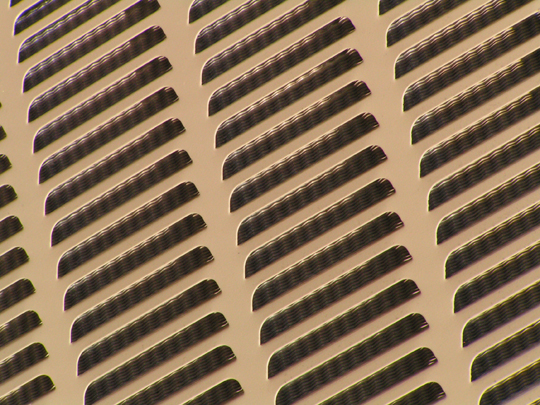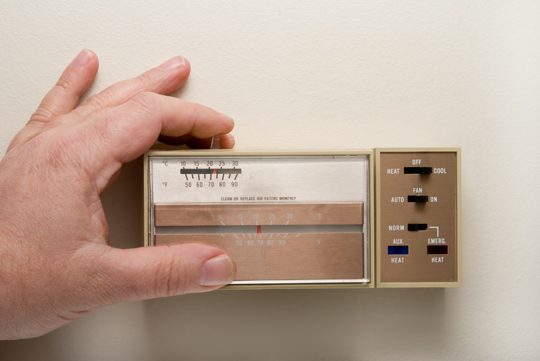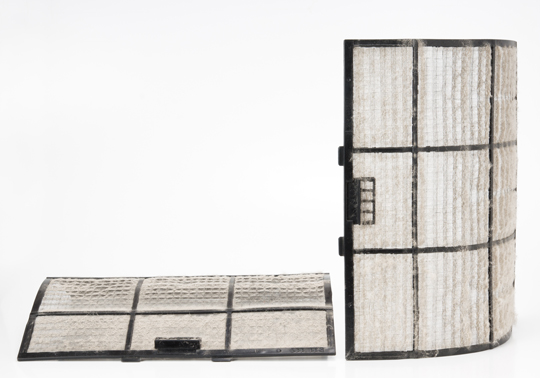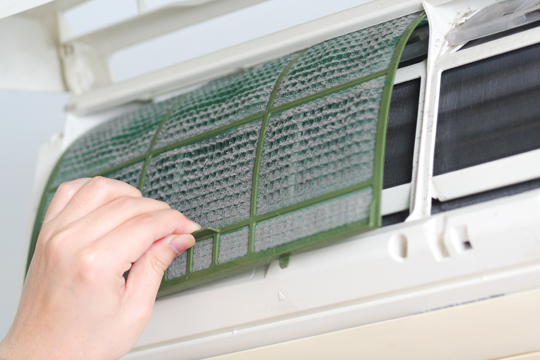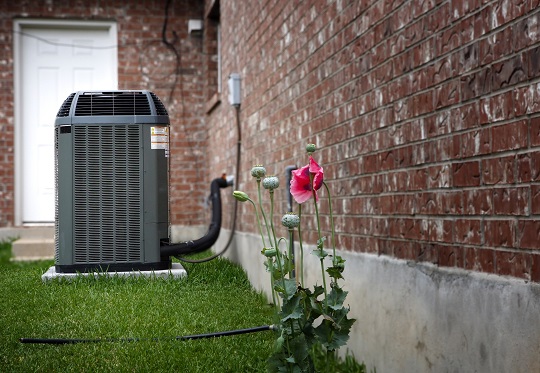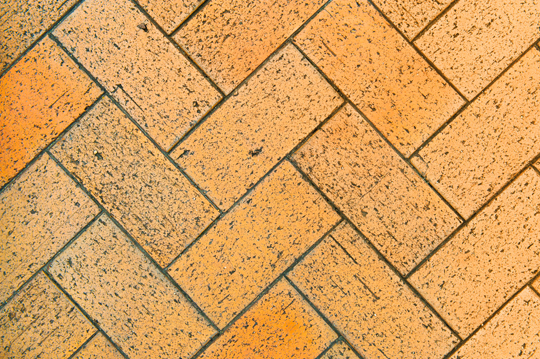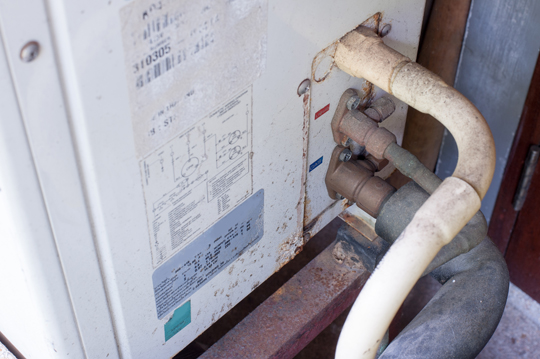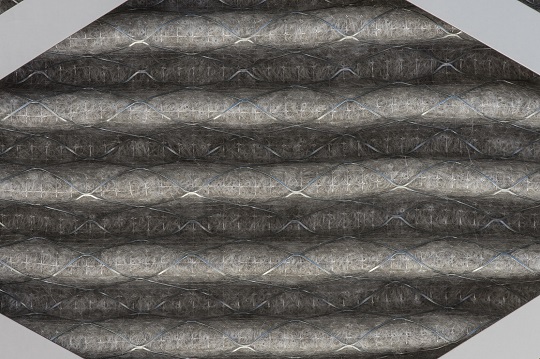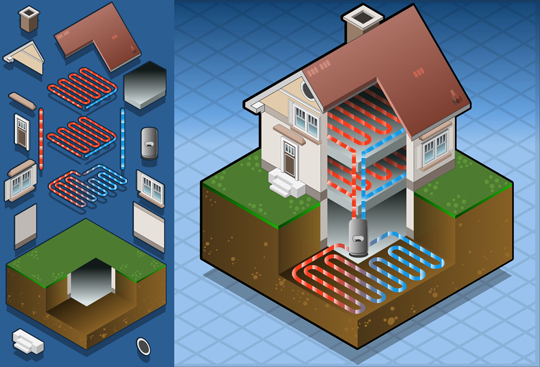A heat pump is used in many different types of furnaces and heaters to pump or blow heat into the home through the vents. When the heat pump goes bad or stops working, the heat cannot be pumped into the home. Heat pumps can be repaired by a professional or a homeowner, as long as they have the appropriate parts. Before calling a professional for repairs, many homeowners wonder: How much should I pay for a new heat pump? This can depend on several different factors.
Condenser Fan Motor
Condenser fan motors come in three types, one-speed, three-speed, and five-speed. If you have a condenser fan motor that has only one speed and is not reversible, you could save up to $100 on your heat pump. Motors with three or five speeds that are reversible are more expensive.
Heat Pump Size
The size of your heat pump can determine how much you pay for a new one. Large heat pumps will, of course, be more expensive than smaller ones. Heat pump sizes are measured by ton, and most furnaces and heaters require a specific size. Some brands may be cheaper than others, so to get the best deal, compare prices by size and brand.
SEER and HSPF Rating
If you are asking yourself “How much should I pay for a new heat pump?” you need to consider one of the most important factors: the SEER and HSPF ratings. These are energy measurements which determine how much heat is used in the winter months and how much energy is used during the warmer seasons.
These ratings can affect the price of a heat pump by as much as $200. Although you may pay a little more for a better rating, it could save you money over time if the heating pump uses less energy to operate during the appropriate seasons.
If you are still wondering “How much should I pay for a new heat pump?” consider the factors above. Choose which ones are the most important to you and which ones you are willing to pay more money for. Heat pumps are not cheap, but they are necessary if you want your home to stay a comfortable temperature all year long.
Need Help?
If you are experiencing problems with your home’s heating and cooling system, it is important to let a qualified technician take a look at it. Finding one used to be a hassle, until TalkLocal came along. We make this search process fast, easy, and free. Try out our service for yourself and see.

